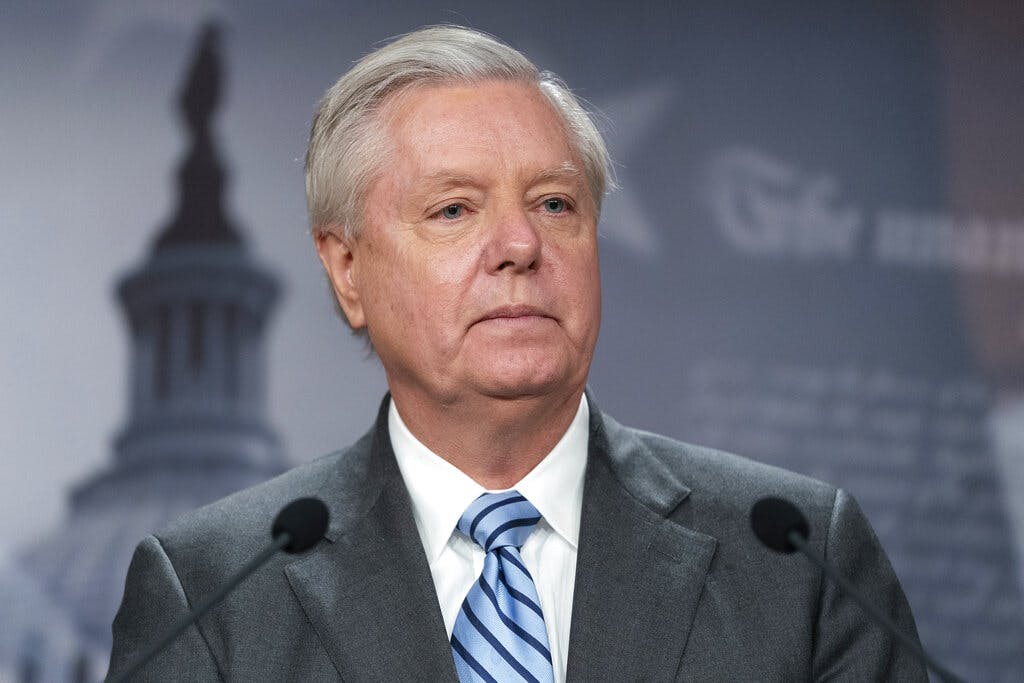Graham’s Supreme Court Emergency Appeal Falls Short
The high court, in a shocking move, denies the senator, at least for now, shelter under the Constitution’s Speech or Debate Clause.

The Supreme Court’s denial of Senator Graham’s request to quash a subpoena is a setback that ensures the South Carolina lawmaker will testify before an Atlanta grand jury contemplating criminal charges regarding interference in the 2020 election.
The request came first to Justice Clarence Thomas, and then to the court’s full roster. The justice granted an emergency stay, an order that is now vacated by the decision of his colleagues to deny relief. No justice deigned to dissent. Mr. Graham will now prepare to speak under oath, though the order did prop open the door to further lower court challenges.
In turning a deaf ear to Mr. Graham, the high court confirmed the decision of the trial court and the riders of the United States Court of Appeals for the 11th Circuit that portions of Mr. Graham’s conversations with Georgia officials are not protected by the Constitution’s Speech or Debate clause.
That portion of the national parchment promises that for “any” Speech or Debate in either House, senators shall not be questioned in “any” other Place. Despite the plain language of the Constitution, some courts have taken that to mean that lawmakers are protected only while they are engaged in “legitimate legislative activity.”
Mr. Graham contends that all of his contact with Georgia officials — primarily the secretary of state, Brad Raffensperger — enjoys the protection of the Speech or Debate Clause. Georgia prosecutors fought that expansive rendering, arguing that Mr. Graham’s Peachtree State freelancing should not enjoy his day job’s shield.
The lower courts arrived at a verdict of a partial quashal. The Supreme Court summarized this holding as meaning that the “informal investigative fact-finding that Senator Graham assertedly engaged in constitutes legislative activity,” and thus was off limits. Everything else, including inquiries about vote tallies and contact with the Trump team, constitutes fair game.
While the justices declined to offer Mr. Graham a complete shield, they did endorse the notion that he could “return to the District Court should disputes arise regarding the application of the Speech or Debate Clause immunity to specific questions.”
The availability of future, on the spot challenges persuaded the justices that “a stay or injunction is not necessary to safeguard the Senator’s Speech or Debate Clause immunity.” In practice, that is likely to mean grueling and granular legal combat over the questions Mr. Graham is asked to answer.

